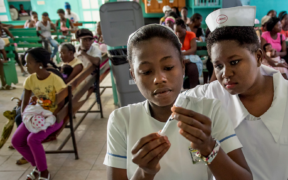Category:
COVID-19
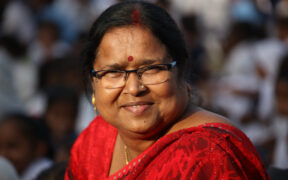
A team of four faculty - Isha Karmacharya (lead), Santosh Khadka (co-lead), Laxmi Adhikari, and Maheswor Kafle - from the Central Institute of Science and Technology (CiST) College wanted to study the impact the COVID-19 pandemic had on FP commodities procurement, supply chain, and stock management in Gandaki province to determine if there were any variations and effect on FP service delivery. One of the team members from Knowledge SUCCESS, Pranab Rajbhandari, talked with the study’s Co-Principal Investigator, Mr. Santosh Khadka, to learn about their experiences and learning of designing and implementing this study.

La 10e Réunion Annuelle du Partenariat de Ouagadougou (RAPO) a été placée sous le thème : «Planification Familiale en contexte de crise humanitaire : Préparation, Réponse et Résilience ». La communauté du Partenariat est consciente de l’urgence d’agir, étant donné les répercussions de ces crises sur les droits et les besoins essentiels des communautés. La question des crises humanitaires et leur impact sur la planification familiale mérite d’être davantage au cœur des discussions.
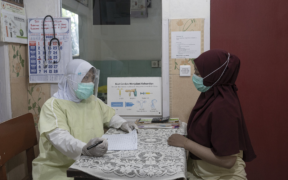
On April 27, Knowledge SUCCESS hosted a webinar, “COVID-19 and Adolescent and Youth Sexual and Reproductive Health (AYSRH): Stories of Resilience and Lessons Learned from Program Adaptations.” Five speakers from around the world presented data and their experiences on the impact of COVID-19 on AYSRH outcomes, services, and programs.
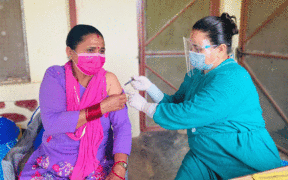
Connecting the Dots Between Evidence and Experience combines the latest evidence with implementation experiences to help technical advisors and program managers understand emerging trends in family planning and inform adaptations to their own programs. The inaugural edition focuses on the impact of COVID-19 on family planning in Africa and Asia.
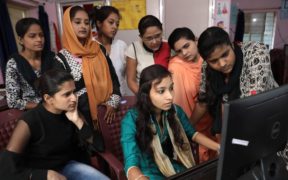
The race to adapt to COVID-19 has resulted in a shift to virtual formats for health care training and service provision. This has amplified reliance on digital technologies. What does this mean for women seeking services but lacking the knowledge of and access to these technologies?
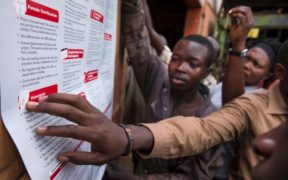
The COVID-19 pandemic has disordered the livelihoods of adolescents and young people across Uganda’s communities in many ways. With the first COVID-19 wave in March 2020 came the adoption of containment measures, such as the closure of schools, movement restrictions, and self-isolation. As a result, the health and well-being of young people, especially adolescent and youth sexual and reproductive health (AYSRH) in Uganda, took a hit.
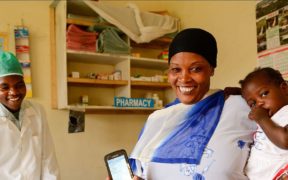
This collection includes a mix of resources categorized into several topics, including: conceptual framework, normative guidance, policy advocacy, etc. Each entry comes with a short summary and statement on why it is essential. We hope you find these resources informative.
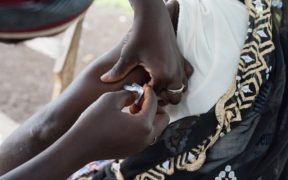
Recap of a webinar on high-impact approaches to support the introduction and scale-up of the self-injectable contraceptive DMPA-SC in Francophone family planning programs in Burkina Faso, Guinea, Mali, and Togo.




